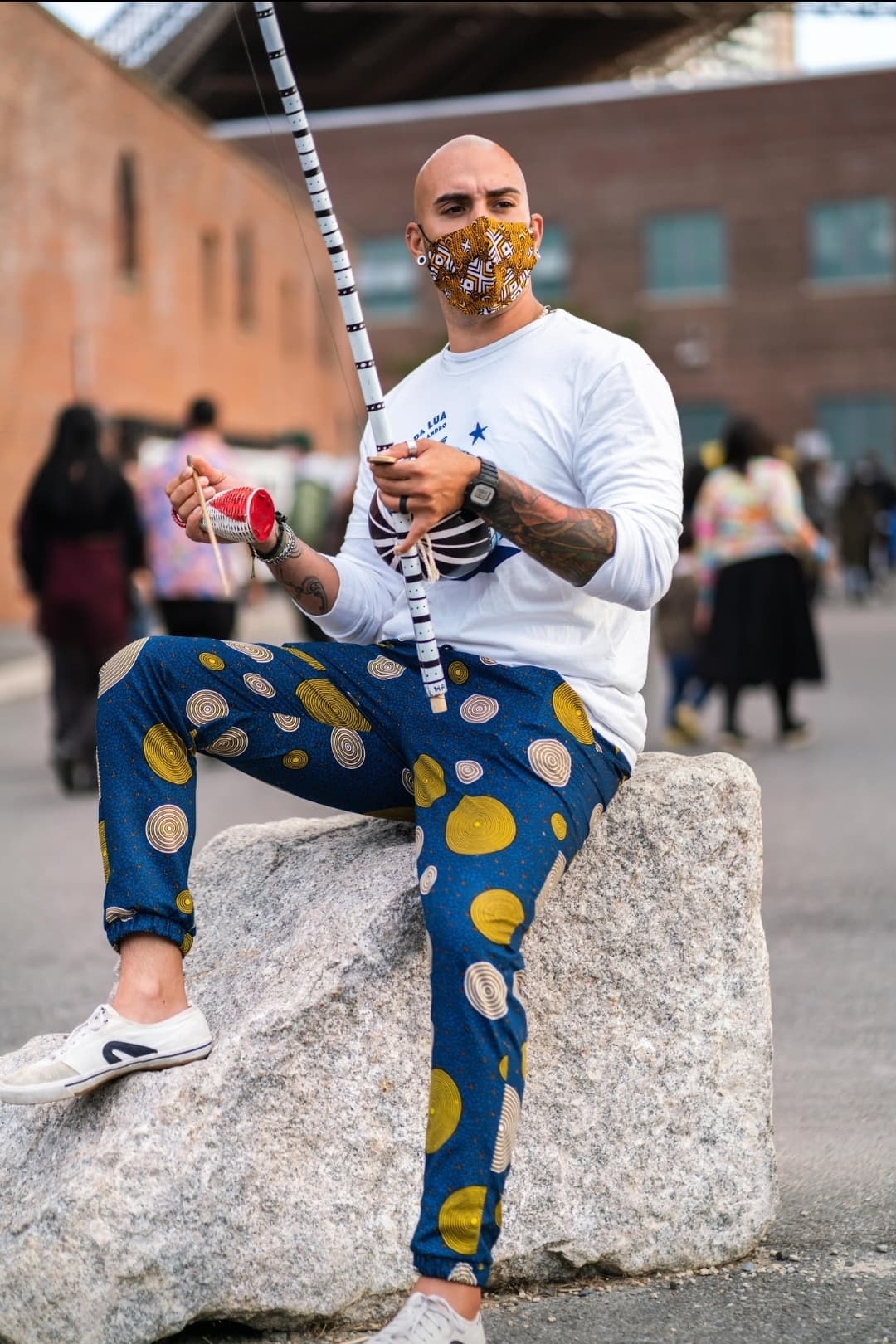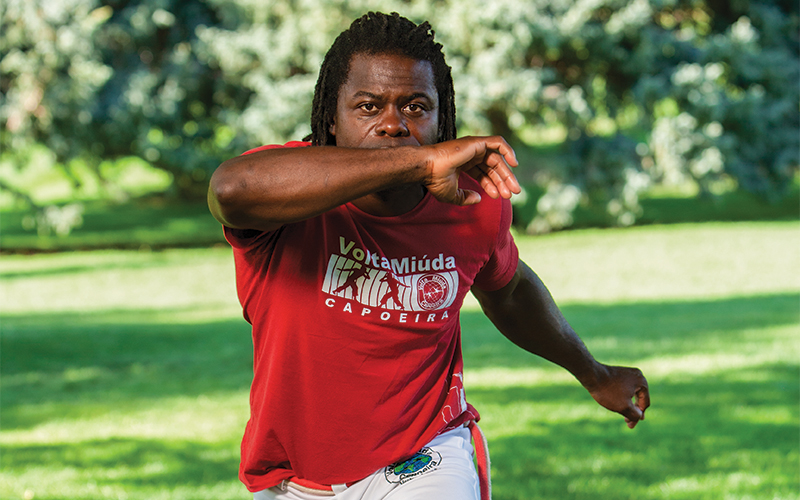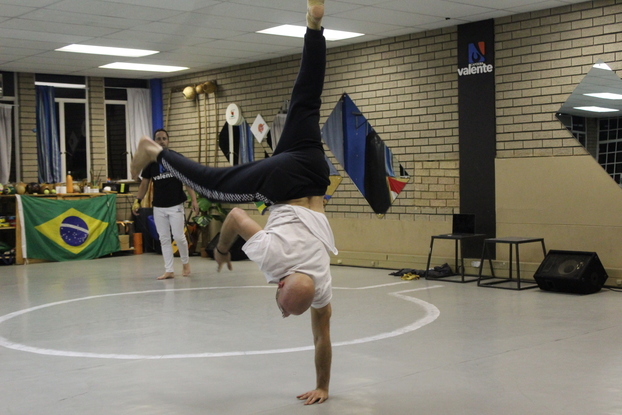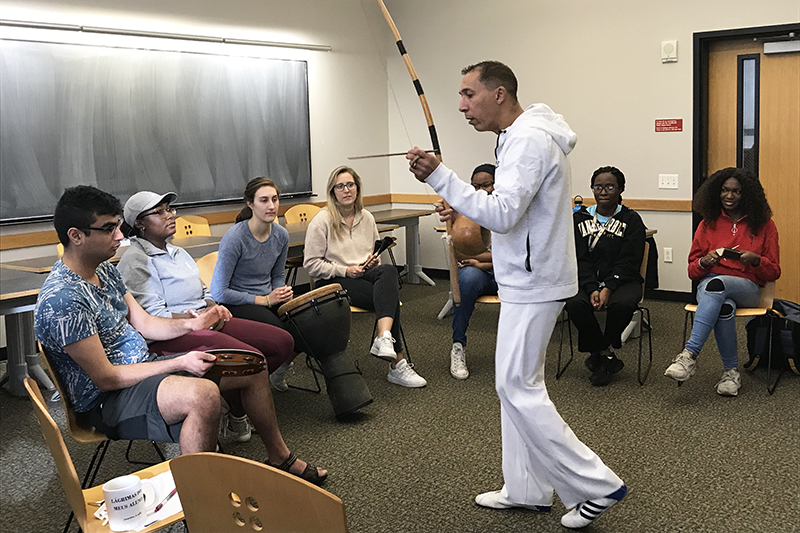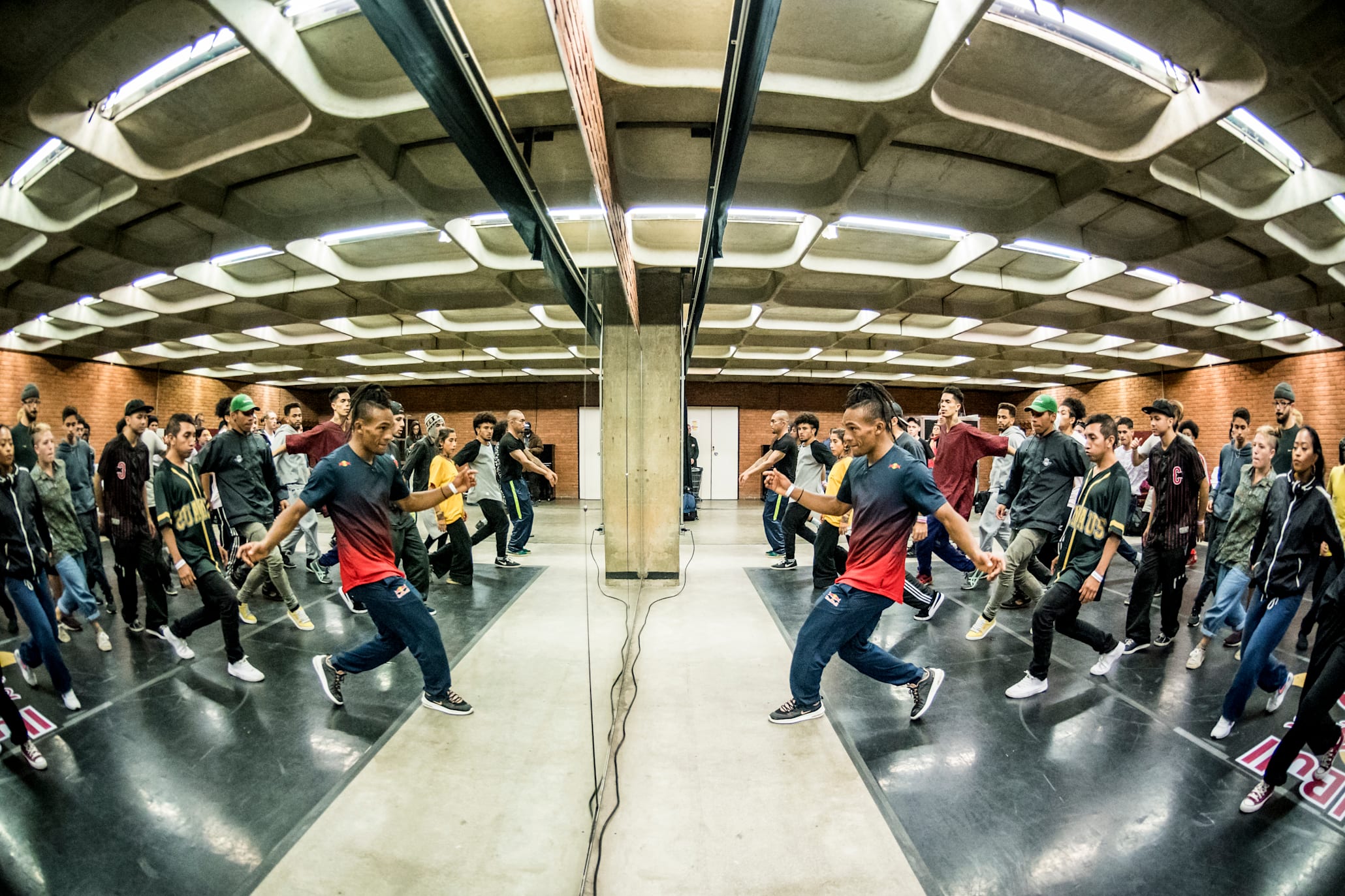
The Olympics is an obvious chance for varying cultures of the world to mingle and learn from one another. In the spirit of the Games, the Women’s Rubgy Sevens team from New Zealand entered into a cultural partnership with the people of the Mangueira favela in Rio de Janeiro, Brazil, where they were able to exchange their ideas, sports, and friendship.

Brazil’s economic growth got a big boost this summer as Rio de Janeiro just recently hosted the 2016 Olympic Games, but a globalized economy often comes with a social and cultural cost as well.
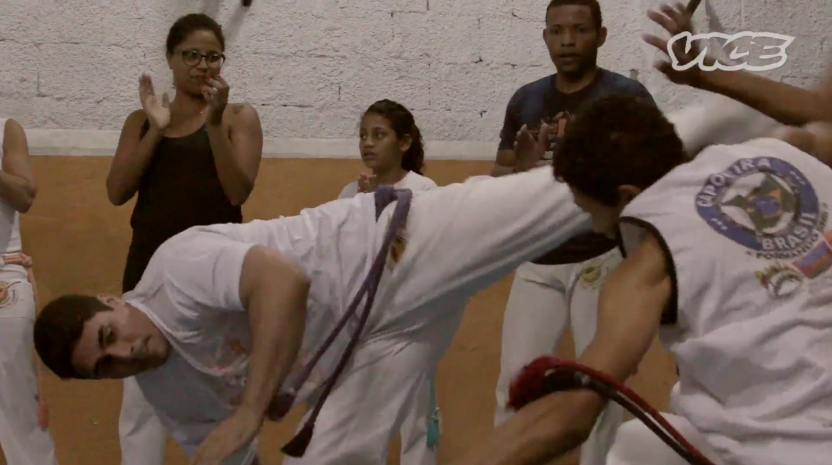
The worldwide focus this summer is also the hottest topic in capoeira: the 2016 Summer Olympics in Rio de Janeiro, Brazil. Arts and culture magazine VICE has lent its voice to the conversation, through its series Daily VICE.

With the 2016 Summer Olympics, the world’s focus on Rio de Janeiro has never been greater. The big media players are making sure they provide consumers with a relentless buffet of content surrounding not only the Olympics itself, but Brazil’s varied and colorful culture. Capoeiristas know the importance of capoeira in Brazil’s identity, but its presence in the media remains a novelty at best.

The international media surrounding the Olympics has not been shy about dipping into Rio de Janeiro’s favelas whenever they need to show a different side of Brazil; its controversial social and economic inequality is an easy target. However, the result is often short, inspirational stories highlighting how capoeira helps young people overcome the challenges of the favela (and constantly pointing out that it is not an Olympic sport, despite its cultural importance to the host country).

